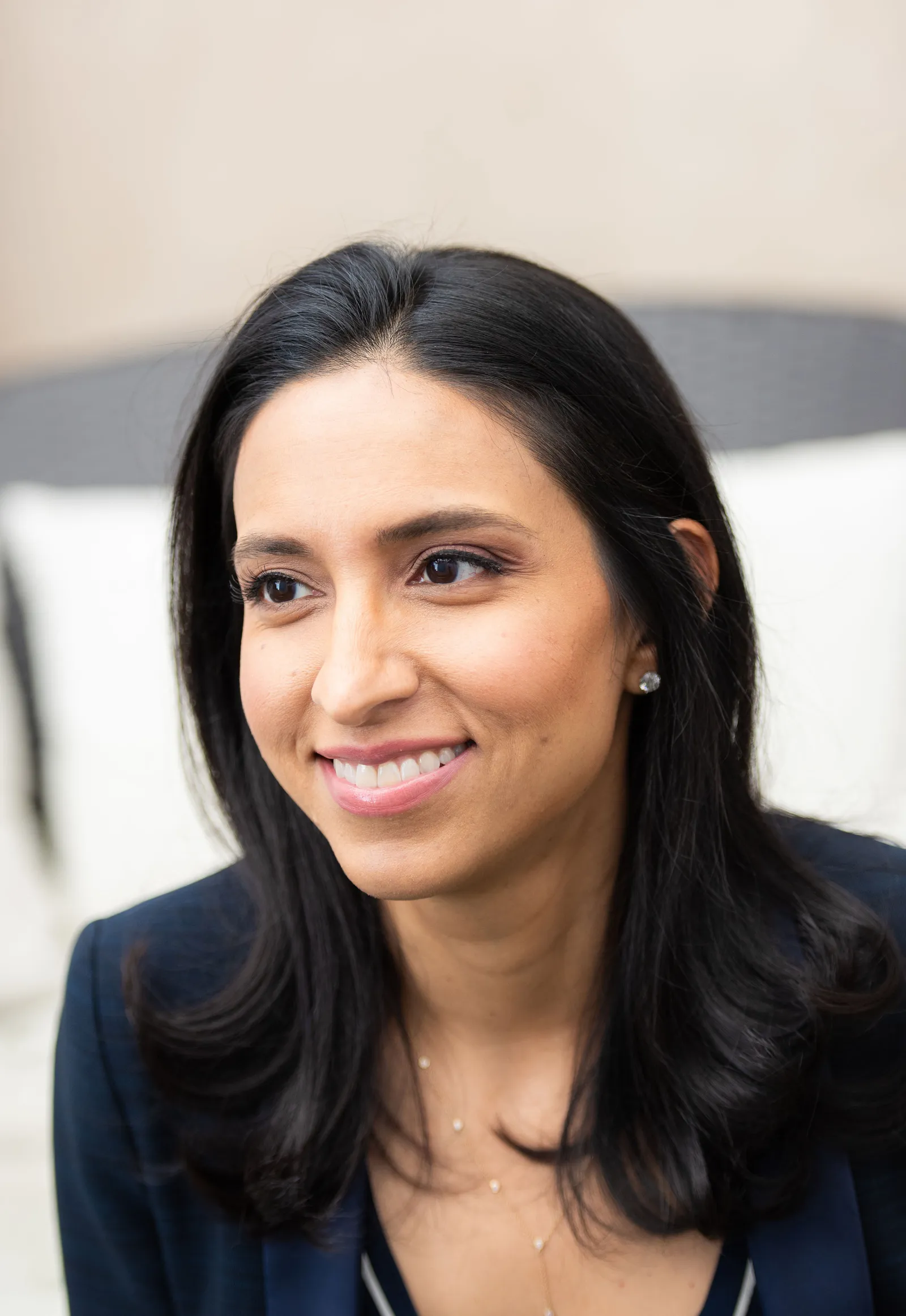Dive Brief:
- Digital payments company Block has consolidated its people, legal and finance teams into one group led by Amrita Ahuja, CEO Jack Dorsey announced Thursday during the company’s fourth-quarter earnings call.
- Ahuja has been the company’s chief financial officer since 2019 and will retain those duties, but also took on the chief operating officer title as of Wednesday. “This allows us to be far more focused and efficient as we work to achieve our goals,” Dorsey said.
- The San Francisco-based company again reported a quarterly net loss, of $114 million, according to the company’s quarterly shareholder letter. For the full year, Block reported a net loss of $541 million. Block’s net revenue rose 14%, to $4.65 billion. Excluding bitcoin, revenue increased 33%, to $2.82 billion.
Dive Insight:
The announcement of Ahuja’s expanded role was made in tandem with the company’s pledge to ensure its investments are focused on customer retention as it pursues profitable growth over the long term.
To do so, executives are placing a bigger bet on its seller point-of-sale business Square and its peer-to-peer payments business Cash App by launching new products and expanding into new customer segments for those businesses, while limiting investments in emerging areas.

This year, Block expects Cash App to grow faster than Square, Ahuja said. So far this quarter, Block has seen consumer trends remain relatively stable for Cash App, “versus some moderation in a few discretionary verticals that we believe are macro related for Square,” she said. Those verticals include food, drink and retail.
Square’s fourth-quarter gross payment volume growth — 14% year over year — was down compared to the third quarter, although that was in line with industry trends: Visa and Mastercard also saw deceleration and Fiserv’s Clover volume also slowed quarter over quarter, Wolfe Research Analyst Darrin Peller said in a Thursday note to investor clients.
However, as the point-of-sale software market becomes increasingly competitive, Square has generally experienced slower growth rates than rivals such as Fiserv’s Clover and Toast. To that end, Square is pursuing bigger merchant clients to fuel its growth.
Square previously employed a more general sales team, but the business now has started to focus sales teams on specific verticals of restaurants, retail and service, Ahuja said. Block expects that shift to benefit sales win rates for Square, she said.
To keep growing Cash App, Block needs to continue to add adjacent, complementary financial services, Dorsey said. The company recently added a savings feature to the app, which Dorsey has said provides services that rival banks.
Dorsey believes Cash App’s debit card – which generated about $750 million in gross profit last year – is a marketing device for that business, “in the same way that the original Square reader was,” he said.
The company is still planning to hire this year, although at a slower rate than last year. Block expects to increase its headcount by 10% this year; in 2022, the company grew headcount by 46%. Block employed 12,428 employees globally as of December.
“We expect overall personnel expenses to increase in the mid-20% range year over year, with greater leverage on headcount costs expected in the back half of 2023 and into 2024,” Ahuja said.
And although the company said its sales and marketing spending growth won’t be as high as last year’s 25%, Block still expects to spend 5% to 10% more this year in that area.
“I think this is an area for us to find continued improvement on,” Ahuja said. Block also plans to review corporate expenses such as real estate and software and data use as it aims to trim costs, she said.
The company’s operating expenses jumped 45%, to $1.80 billion, in the fourth quarter. Full-year operating expenses climbed 55%, to $6.62 billion. Sales and marketing expenses were $540 million in the fourth quarter, up 48% year over year, largely due to sales and marketing for buy now, pay later business Afterpay, the company said.
Afterpay gross merchandise volume growth for January and February has been about 19%, up from 14% growth the business saw in the fourth quarter of last year. The BNPL provider’s consumer loss rate was under 1% in the fourth quarter and is expected to remain around 1% for the first quarter, Ahuja said.
With the C-suite shift, Ahuja gets an incremental stock grant of $5 million, pending approval by the compensation committee of Block’s board of directors, according to Block’s latest annual filing with the Securities and Exchange Commission. This is in addition to her total compensation as CFO, which was $10.2 million for 2021, according to the company’s 2022 proxy filing.
Block Chief Legal Officer Sivan Whiteley, who told the company in January of her intention to resign, left her post Feb. 16.











